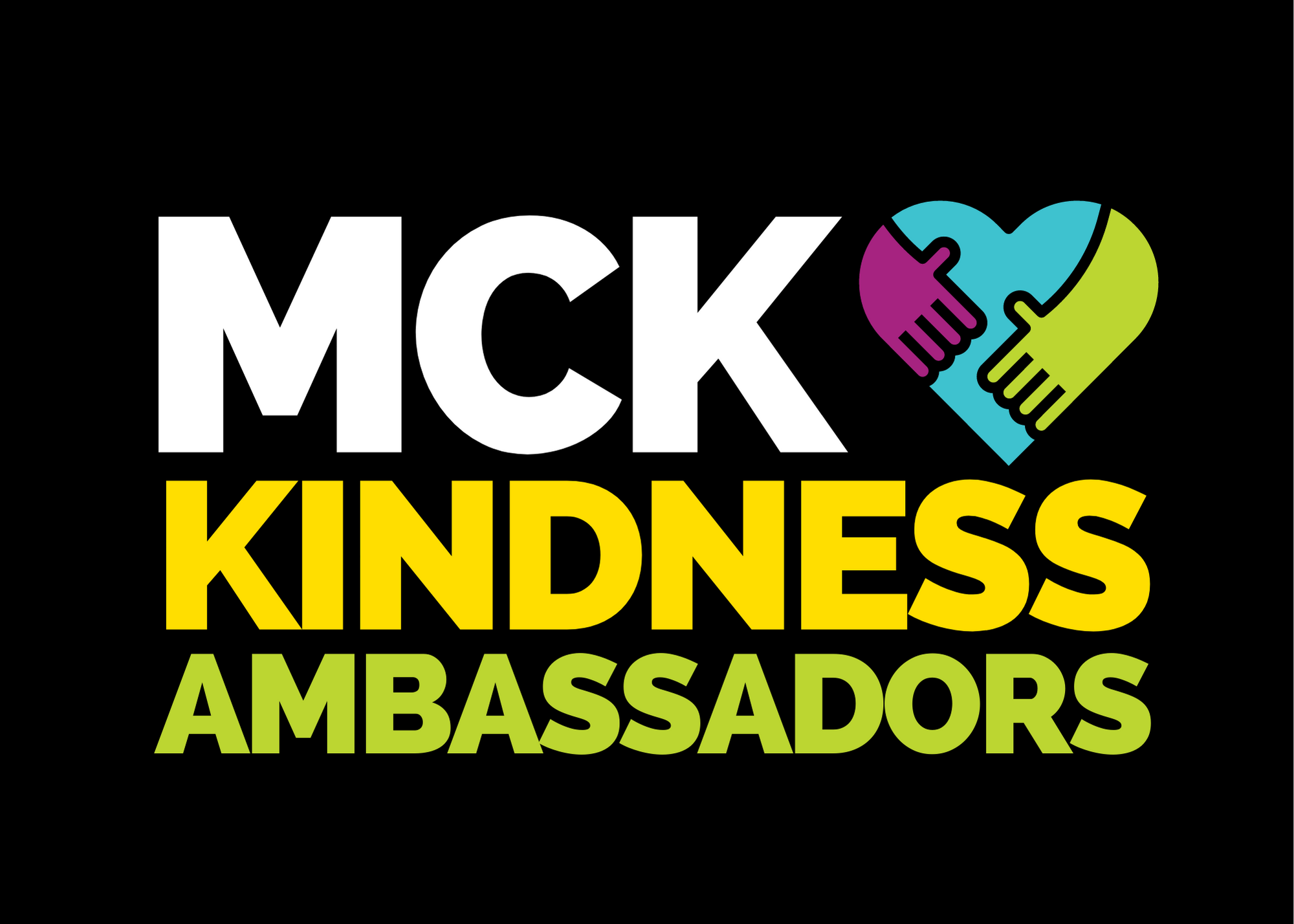By: Vanessa Thompson, Special Projects Coordinator, Center for the Advancement of Well-Being
“Remember there’s no such thing as a small act of kindness. Every act creates a ripple with no logical end.” – Scott Adams
Kindness is a choice and is always possible. All of us can bring positive change to our world by intentionally spreading kindness through our actions and words. At Mason, we have a new group of dedicated Kindness Ambassadors for our university community. You can serve as an ambassador for kindness anywhere, by prioritizing expressions of kindness day by day. Here’s how kindness strengthens well-being, how our Kindness Ambassadors are spreading kindness, and how you can do so too.
As an act of compassion, kindness is a core part of our humanity that drives a sense of belonging in our communities. The Covid-19 pandemic has negatively impacted many of our communities, including bringing isolation, depression, and feelings of loneliness that affect our sense of belonging. Our Mason community also felt this challenge, which led Mason’s leadership to come together to create and sustain a kindness revolution at Mason through the Mason Chooses Kindness (MCK) initiative. The vision of the MCK initiative is for Patriots to change the world, one small act of kindness at a time.
Mason defines kindness as the act to “Intentionally engage in positive action that is friendly, caring, and compassionate towards self and others.” There are already numerous kind Patriots at Mason who exemplify this definition. In order to recognize and celebrate these individuals, the MCK committee has launched the novel Kindness Ambassadors this 2021-2022 academic school year. Kindness Ambassadors are selected from our university community, including students, staff, faculty, and alumni, for the ways in which they embody kindness and work to share it with others. Kindness Ambassadors are recognized for:
- Their compassion and kindness towards others
- Enthusiasm about spreading kindness
- Positivity and joyfulness
- Joy in helping others
These Patriots model ways for others to engage in kindness while sharing and spreading awareness of MCK tools, resources, and events. To learn more about the Kindness Ambassadors and how you can participate in the following year, please visit the website here.
Why Engage in Kindness?
Kindness is a vital way to boost our overall well-being. According to Psychology Today, being kind can positively impact your psychological and physical health. Small acts of kindness such as saying hello to a stranger or opening the door for someone are behavioral responses of compassion that are selfless – a mindset that places compassion for others before your own interests. Kindness is also intimately linked to happiness and contentment at both psychological and spiritual levels. In fact, studies have found that happy people were kinder than people who were not happy, revealing that one’s sense of happiness increases through recognizing their simple acts of kindness.
Why can random acts of kindness increase a person’s sense of happiness? It is because kindness promotes gratitude, Psychology Today reports. When you are kind to others in need, that awareness amplifies the sense of “your own good fortune.” Kindness also promotes empathy and compassion, which leads to a sense of interconnectedness with those around you. Empathy is also a helpful skill in building better relationships. The ability to resonate with other people’s feelings, consider their perspective, or feel compassion for them, allow us to be more generous and selfless, and less likely to be prejudiced toward others, according to the Greater Good Science Center. When you feel connected to your community, you lessen alienation and enhance that sense of belonging and gratitude.
Ideas for Intentional Acts of Kindness
Practicing intentional acts of kindness releases neurochemicals that result in a sense of well-being. This is often referred to as the “helper’s high”, which authors Allan Luks and Peggy Payne described in their book The Healing Power of Doing Good. In fact, the same neural circuits involved in these chemical “highs” are also activated by kindness and compassion. Here are eight ways you can practice kindness:
- Smile and say hello to a stranger.
- Call a friend or a family member instead of just texting.
- Shop with kindness: One of the easiest ways to be kind to our planet and inhabitants is to enjoy cruelty-free products.
- Give your full attention and show kindness by being physically and mentally present when encountering others.
- Volunteer in your community.
- Compliment someone.
- Open the door for someone.
- Be kind to yourself and make time for self-care to meet your own well-being needs.
Additional Resources
George Mason and the MCK initiative provides a variety or resources and tools to help students, faculty, and staff practice and engage in kindness well-being. Please visit the website here for more information and click the links below for additional resources:
Write one of these Thriving Together Series features! We’re looking for contributions on all topics related to well-being. Read other Thriving Together Series articles here and contact us at cwb@gmu.edu for guidelines. Thank you for helping our Mason community thrive together online!






















